 Book Appt.
Book Appt.
 Call Now
Call Now


Orthopaedic problems are usually acquired after birth, but some are born with them. These include structural and functional deformities, some of which tend to become more evident as the child grows. In some cases, therapies and other non-surgical options may work but the majority of children need surgical correction for effective management.
What are congenital orthopaedic deformities?
Congenital orthopaedic deformities, also referred to as orthopaedic birth defects, are structural or functional abnormalities in the musculoskeletal system, that a baby is born with. A baby develops such deformities while it is still developing inside the mother’s womb. Some of these may be detected prior to the baby’s birth while others become evident soon after birth or a couple of years later. While some congenital orthopaedic deformities do not require any medical correction and heal on their own, others may require intensive medical interventions including therapy and surgery.
How can congenital orthopaedic deformities affect a child?
Congenital orthopaedic deformities can affect the quality of the child’s life by adding various physical and psychological challenges that they have to deal with on a daily basis. These include:
â— Difficulty in walking and moving around
â— Increased vulnerability to injuries
â— Visible physical deformities
â— Increased risks of arthritis when they grow up
â— Psychological impact and lack of confidence
What causes congenital orthopaedic deformities?
Congenital orthopaedic deformities are caused when the child is in the developmental phase within the mother’s womb. In nearly about 60 per cent of cases, the underlying cause of such deformities is hard to pinpoint. However, there are several factors that are believed to contribute to it. These include:
â— Genetic abnormalities passed through generations
â— Genetic abnormalities that result from the chromosome disorder
â— Exposure to certain toxins, chemicals and drugs
â— If the expecting mother has severe infections like chickenpox and rubella during pregnancy
â— If the expecting mother has a pre-existing medical condition like diabetes and thyroid
What are the most common congenital orthopaedic deformities?
Some of the common congenital orthopaedic deformities include:
â— Clubfoot
â— DDH (developmental dysplasia of the hip)
â— Curved foot
â— Scoliosis
â— Brittle bone disease
â— Muscular dystrophy
â— Limb defects
How would you know if your little one has congenital orthopaedic deformities?
Children with congenital orthopaedic deformities may present with some evident symptoms that you need to look out for. These include:
â— Visible physical deformities in the back, arms, legs, feet and hands
â— Walking difficulty
â— Inability to hold objects
â— Abnormal posture
â— Reduced limb movement
When is the right time to consult a specialist?
It is advisable to see a specialist and get your child evaluated as soon as you start noticing the symptoms. These may not necessarily mean that your child has a congenital orthopaedic deformity and any conclusion can only be reached after thorough evaluation and assessment.
SHALBY Sanar International Hospitals provides extensive medical procedures backed up with our state-of-the-art technology and a team of highly qualified & experienced clinical experts.
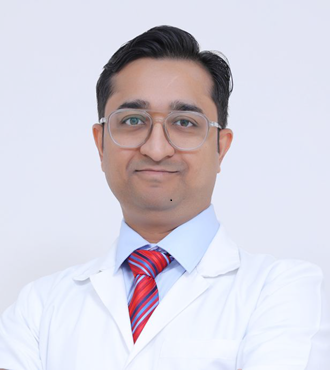
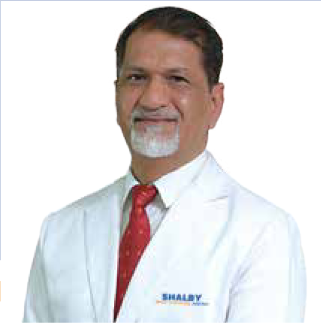

Life Transformed: Mr. Blojah Felix Journey to Pain-Free Living | SHALBY Sanar

Pain-Free Living After 6 Years: Knee Replacement Success Story | Dr. Rohit Lamba

Bilateral Total Knee Replacement by Dr. Vikram Shah | SHALBY Sanar International Hospitals

Remarkable Recovery Story: Hip Replacement for Non-union Fracture

Incredible Recovery Story: Bilateral Knee Replacement Transformation

Knee Replacement Surgery by Dr. Rohit Lamba: 60-Year-Old's Remarkable Recovery

Renewed Hope: Successful Hip Replacement Surgery Transforms Iraqi Patient's Life

Exploring a Case of Revision Knee Replacement: Insights from Dr. Rohit Lamba

Triumphant Journey: Ms. Fatima, 69, Triumphs Over Revision Knee Replacement Surgery

Leaving the crutches behind – Riyaz, 43, gains confidence after a successful Hip Replacement Surgery

Transformative Total Knee Replacement Surgery: A New Lease on Life for 48-Year-Old Ramesh

Miraculous Recovery: 17-Year-Old Kenyan Overcomes Osteosarcoma with Mega Prosthesis Surgery

Mr. Omar Faruk's Remarkable Knee Recovery: ACL Reconstruction Success Story

Mrs. Vijay Luxmi's Remarkable Knee Replacement Journey

Umidjon, 36, from Uzbekistan shares his gratitude for a successful total hip replacement surgery

Ms. Mohsin from Iraq shares her gratitude for a successful Computer Navigated Total Knee Replacement

A Total Hip Replacement surgery gives Ms. Barry from Ghana, the ability to walk again.

Dr. Rohit Lamba talks about a successful Hip Replacement Surgery carried out on an Iraqi patient
Our doctors pen down their research findings and experiences from time to time. Their words provide deep insight into the latest techniques, technologies and other advancements in healthcare. It provides expert answers to all kinds of health questions for real-life issues.
VIEW ALL.png)
.png)
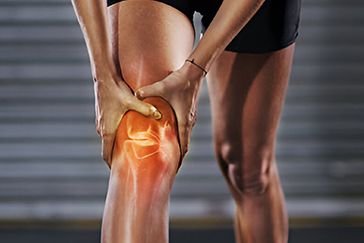
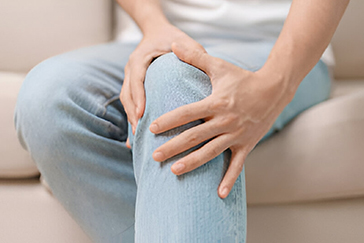
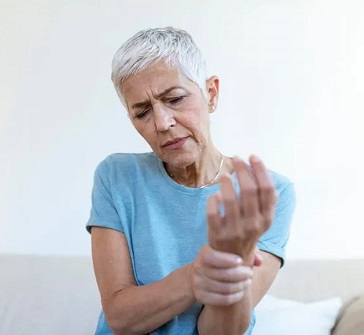
Since the day of its foundation, SHALBY Sanar International Hospitals is committed to provide comprehensive healthcare services. It regularly organizes awareness programs in its premises and encourages outdoor healthcare activities and camps with an intent to put focus on preventive healthcare.
VIEW ALL